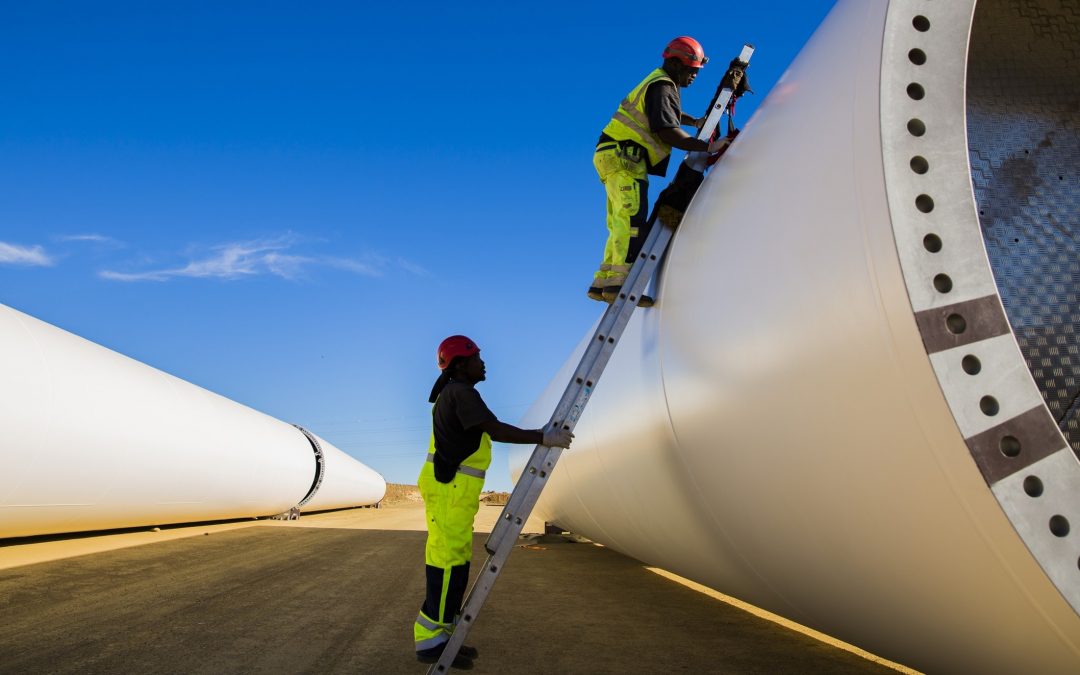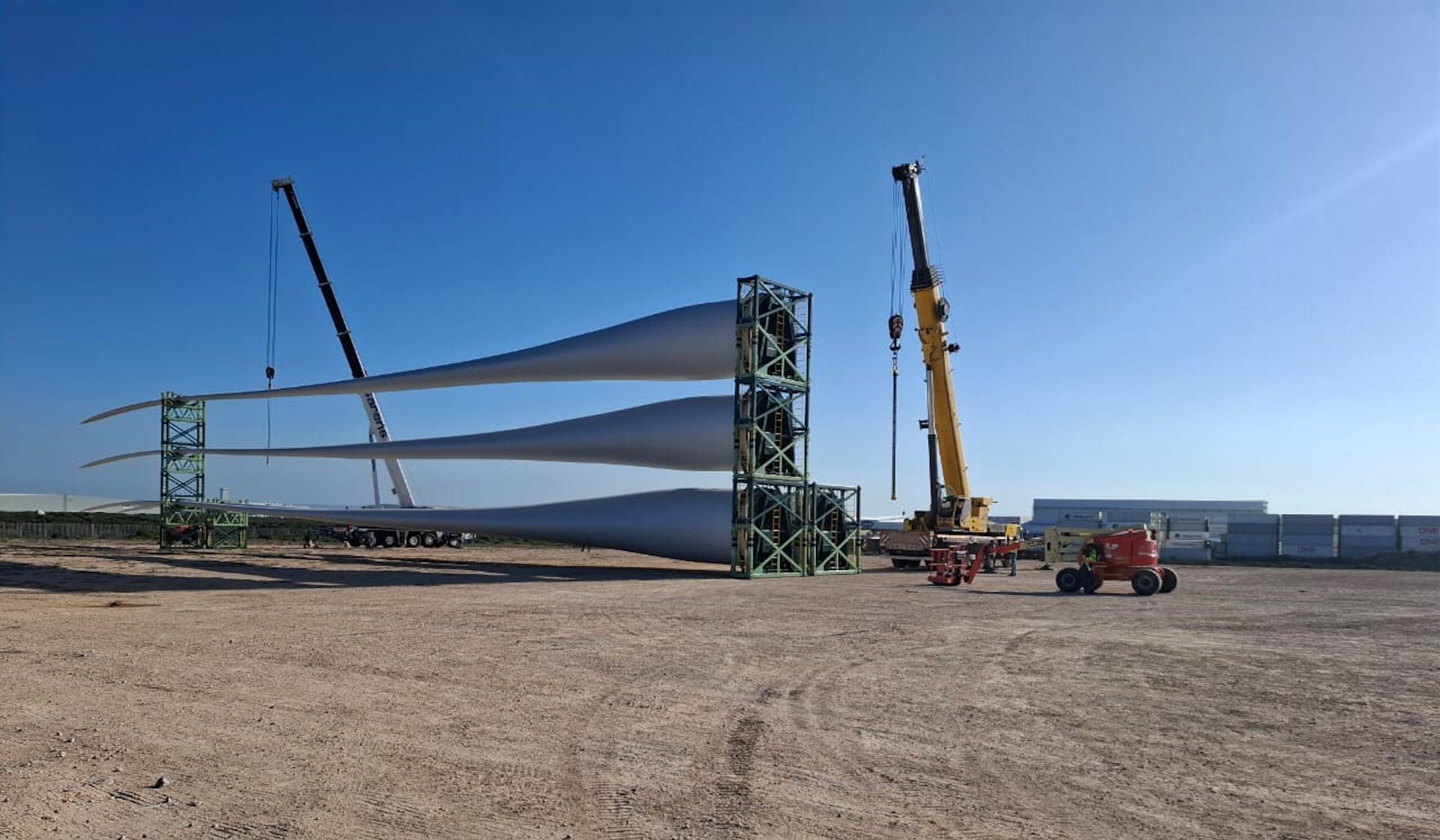The South African Wind Energy Association (SAWEA) has reaffirmed its push for sector industrialisation by advocating for increased local manufacturing. Led by the SAWEA Manufacturing and Local Content Working Group the industry has set unambiguous local manufacturing targets with a specified timeframe. Furthermore, the Association has reiterated that its approach to the industry’s growth is to persistently deliver new wind power generation to the grid responsibly and sustainably, which should be aligned to the SA Renewable Energy Masterplan (SAREM), which falls under the Department of Trade, Industry and Competition (DTIC) led industrial strategy.
Estimating that the sector can deliver 1.6GW/year, in line with the country’s energy roadmap, local content targets of between 56% – 61% by 2030, is the projected goal. The majority of this will be achieved by locally manufactured wind turbine towers and steel anchor cages, but also includes smaller components, equipment and related services.
“The necessary research will be conducted to quantify and define exactly what new or additional components will be added to the current mix, to achieve these local content target thresholds,” said Niveshen Govender, CEO of SAWEA.
Considering the targets set by the Department of Mineral Resources and Energy (DMRE) and DTIC are currently pegged at 40% local content, and the wind energy industry has achieved 47% exceeding the 43% commitment, the Association has outlined the required policy certainty and procurement criteria, if it is to achieve these new power generation targets and fulfil its role in stimulating the economy simultaneously.
In its recent submission to the SAREM, the SAWEA outlined the conditions that the renewable energy sector requires to meet these local manufacturing targets. Foremost a stable and consistent pipeline with foreseeable and predictable timelines between renewable energy procurement rounds is necessary to attract significant investments in order to rebuild the manufacturing sector and create a local market based on its competitiveness and value-add.
“We are working on delivery solutions to the industrialisation agenda, which is rooted in strong local manufacturing capability. To achieve this we need to address market conditions and investor certainty off the back of rolling procurement rounds and off-take over the next ten years. This will allow the sector to develop its supply chain to ensure product quality and compliance, whilst delivering jobs and clean power to South Africa in line with the favourable pricing tariffs that the sector offers,” added Govender.
Furthermore, the SAWEA has stated the need for the industrialisation policy to offer sector incentives to allow for robust local capabilities, so that the wind industry can compete with international markets, whilst supporting local manufacturers to become competitive for export markets.
“Transformation goes hand-in-hand with the industrialisation of the wind power sector. And market certainty is the most important aspect to building a local manufacturing industry. Hence, we require the DMRE to provide consistency, in line with the IRP2019, to kick-start industrialisation by upfront certainty on a number of REIPPPP rounds and their primary local content framework,” concluded Govender.


